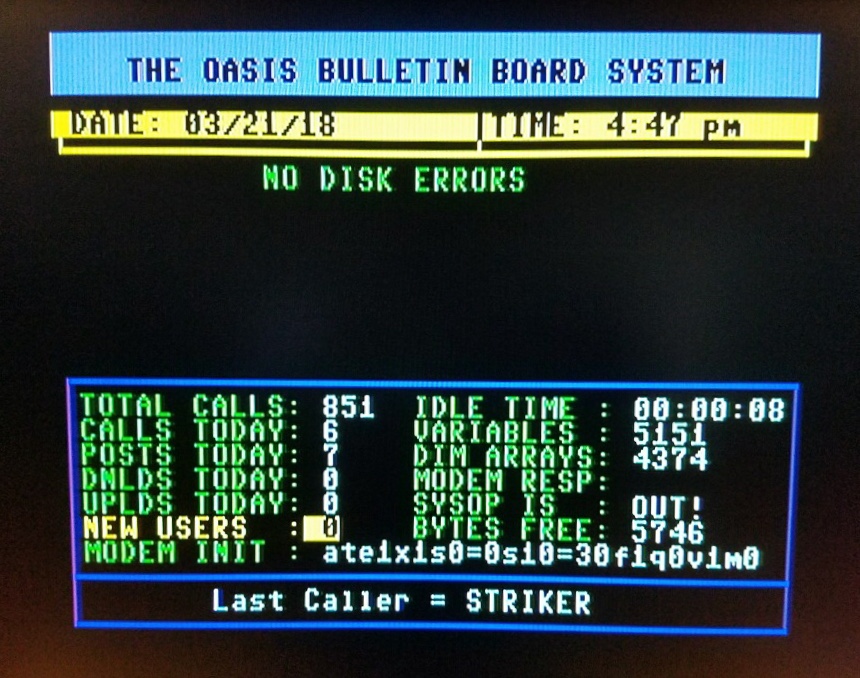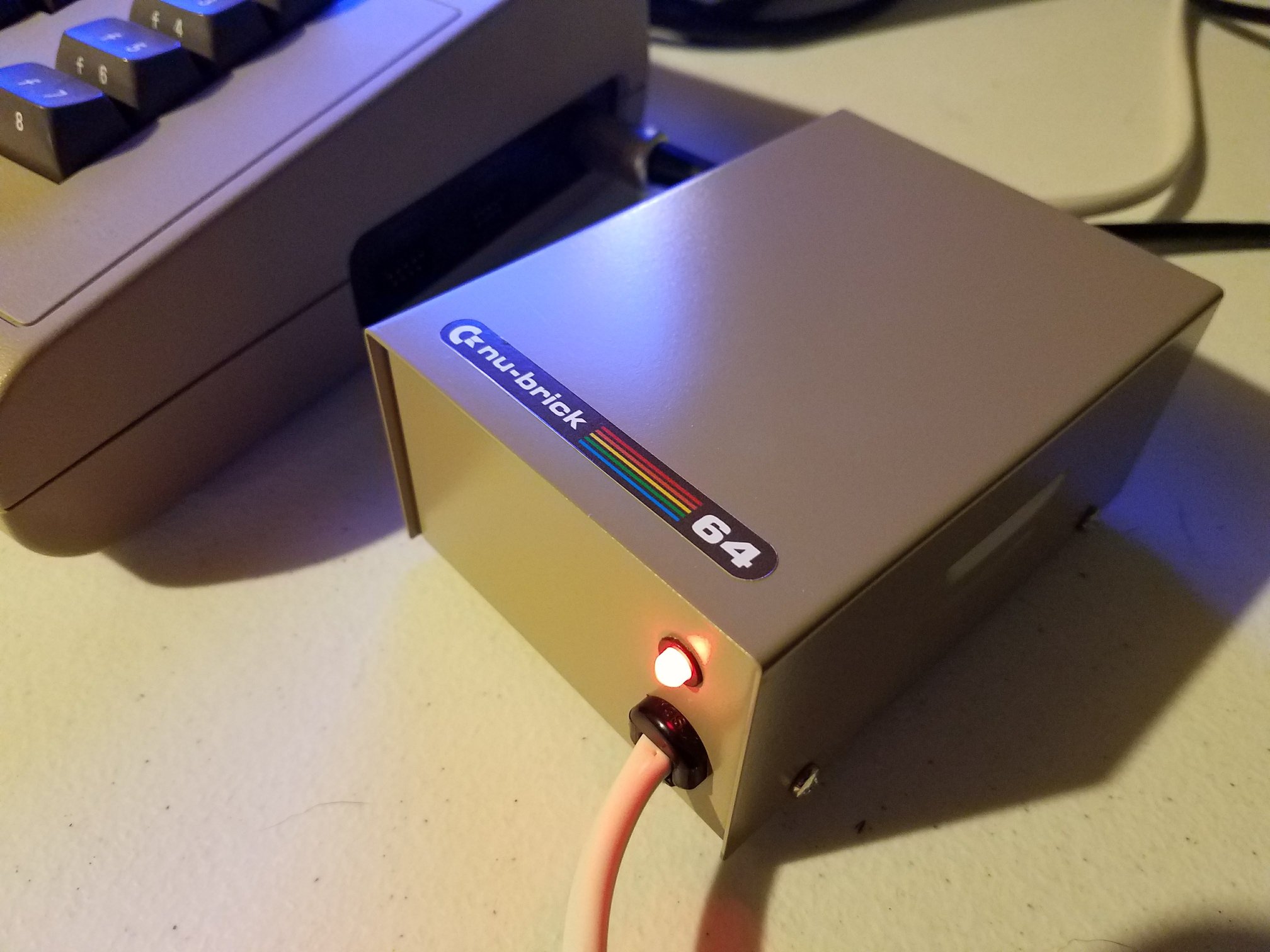When it comes to repairing classic computers, choosing retro chip programmers can save hours of frustration. Whether burning replacement ROMs, programming a GAL, or testing suspicious logic chips, the right programmer is a vital tool. In his latest video, Lee from More Fun Making It breaks down several popular options, comparing their strengths, quirks, and limitations for use with machines like the Commodore 64, ZX Spectrum, and Amiga.
The lineup begins with the original TL866. Despite its age, this unit remains valuable because it supports higher voltages needed for older EPROMs. It may be slower, but its ability to handle chips like the 2716 still makes it relevant. Next is the TL866II Plus, a reliable workhorse that adds support for more modern devices and delivers faster speeds. However, its voltage cap at 18 volts prevents programming certain classic chips, making it a weaker choice for some repairs.
Lee’s recent upgrade, the T48, addresses these shortcomings. It supports up to 25 volts, offers longer programming pulses, and includes a massive device library. For retro computing tasks, this programmer sits in the sweet spot: modern enough for speed and compatibility while still covering the quirks of older chips. On the high end, Lee briefly mentions the T56, a far more expensive device suited for advanced packages like BGA and NAND. For everyday retro work, though, the price is hard to justify.
Choosing retro chip programmers depends on your repair needs. If you already own the TL866II Plus, it will serve until you run into chips it cannot program. If you find an original TL866, it is still handy for early EPROMs. For those buying new, the T48 is the best balance of features, price, and ongoing support. Lee’s comparison makes it clear: upgrading to the T48 offers a practical solution for anyone focused on keeping vintage hardware alive.
This video offers valuable insight for hobbyists wondering which programmer belongs on their workbench. By laying out the differences in capability, cost, and compatibility, Lee helps viewers make a smart decision for their retro toolkit.







